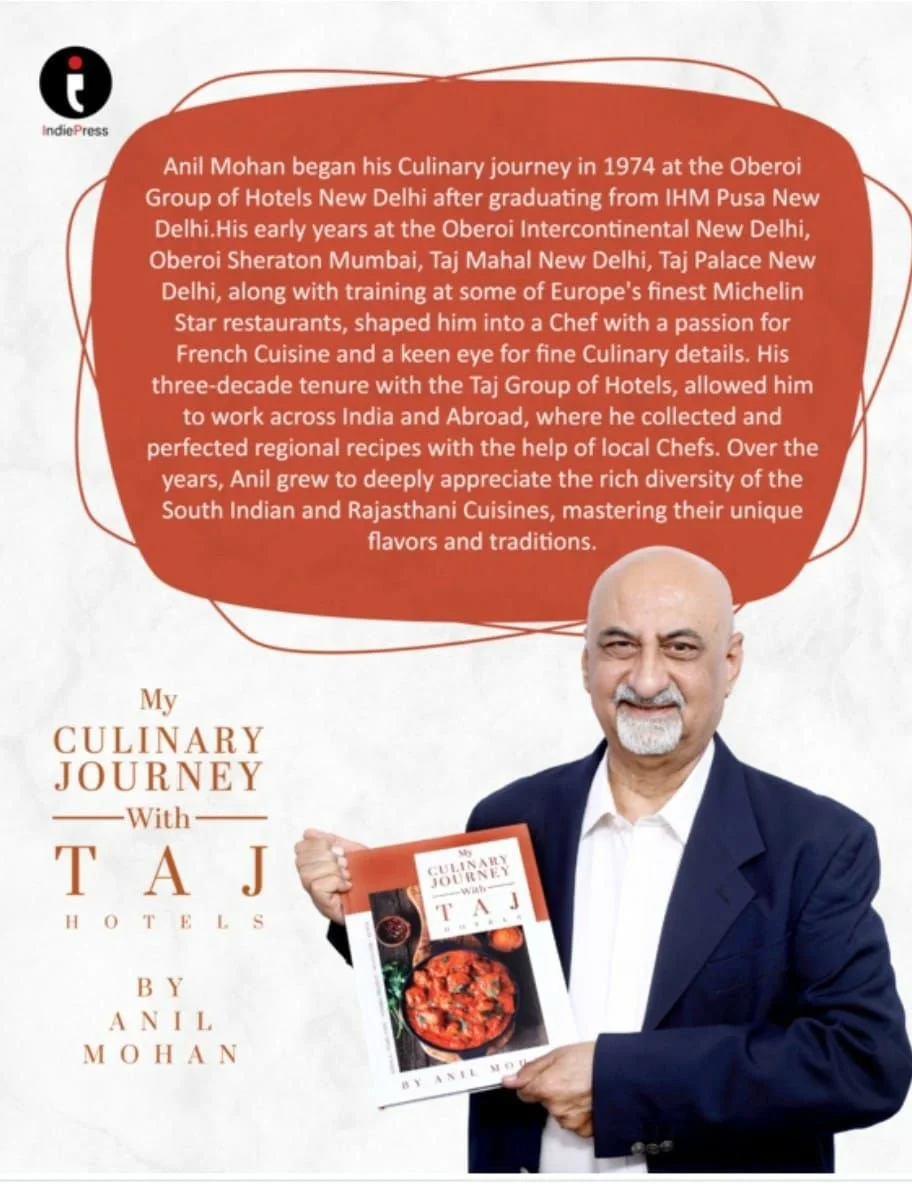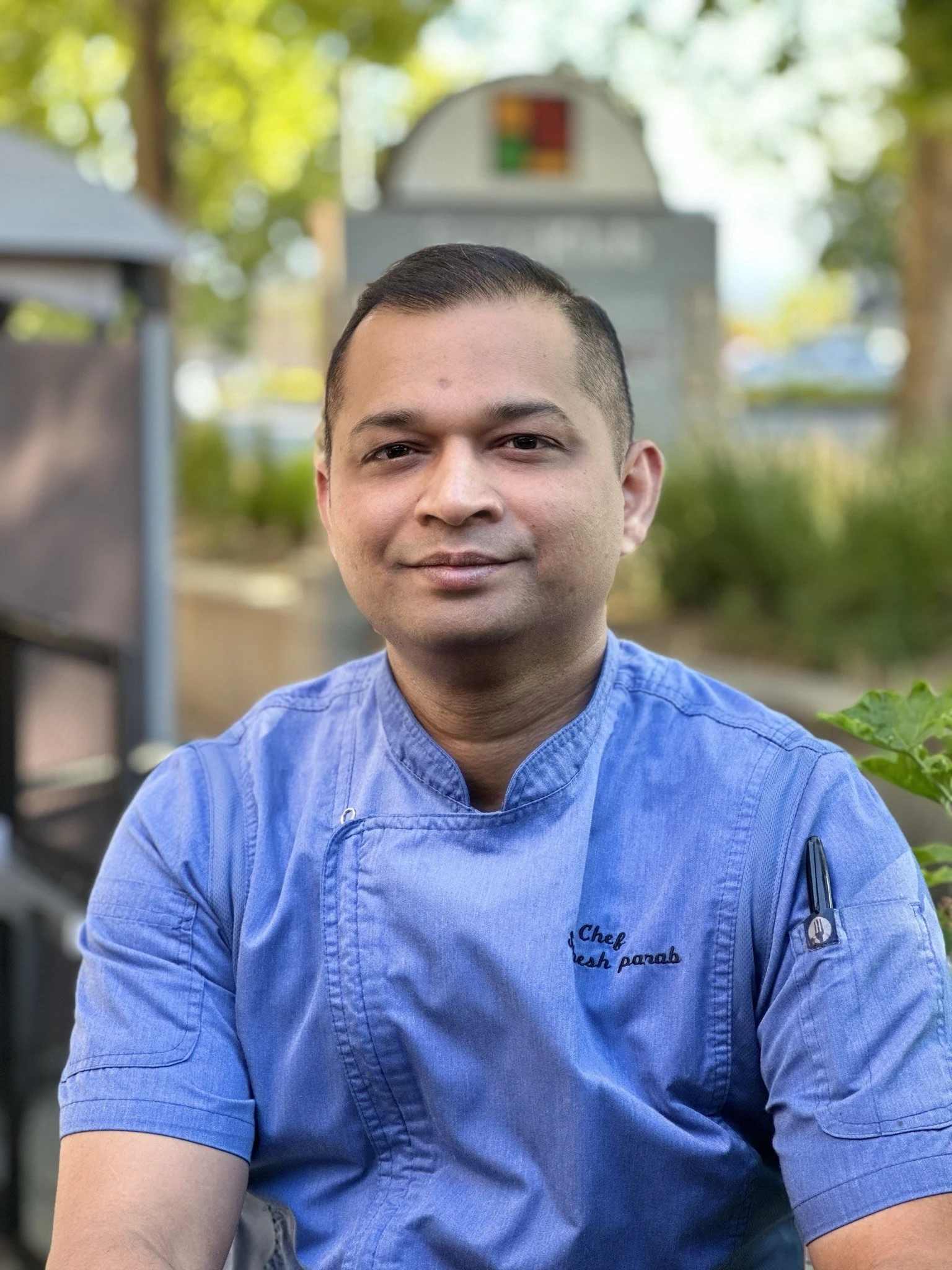Exclusive Interview | Chef Nitten Chughh, Culinary Director, Caravela Beach Resort
/Mastering new techniques is essential for continuous quality improvement, and chefs should explore advanced methods like sous-vide, fermentation, and molecular gastronomy to expand their team’s skills.




